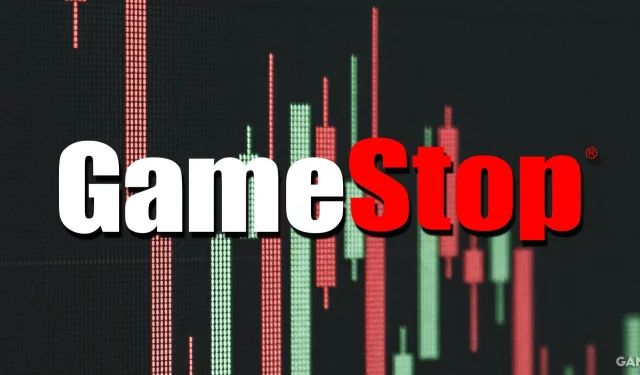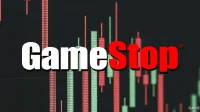Overview
- GameStop’s stock plunged nearly 25% following the company’s announcement to issue debt intended for Bitcoin investments.
- The financing strategy involves convertible senior notes, a highly prioritized loan structure.
- Investor sentiment appears cautious, especially as GameStop’s core business continues to deteriorate.
GameStop experienced a sharp decline in its stock price, falling almost 25% after revealing plans to issue debt for the purpose of investing in Bitcoin. This news has raised concerns and questions among investors regarding the company’s already precarious future.
GameStop is grappling with significant challenges in the digital era, where traditional video game sales have considerably decreased. Although the retailer briefly thrived during the 2021 market frenzy that saw its stock become a meme sensation, it has faced persistent revenue declines for over ten years, with only a short-lived uptick in 2022.
Despite currently boasting a high price-to-earnings (P/E) ratio of 66, GameStop’s market value took a substantial hit on March 27. Following an announcement that the company would issue $1.3 billion in debt for “general corporate purposes,”which prominently included Bitcoin investments, the stock’s value plummeted to as low as $21.16. This drastic change indicates a bearish outlook from public market investors regarding GameStop’s venture into the cryptocurrency sector.
Understanding GameStop’s Convertible Senior Notes
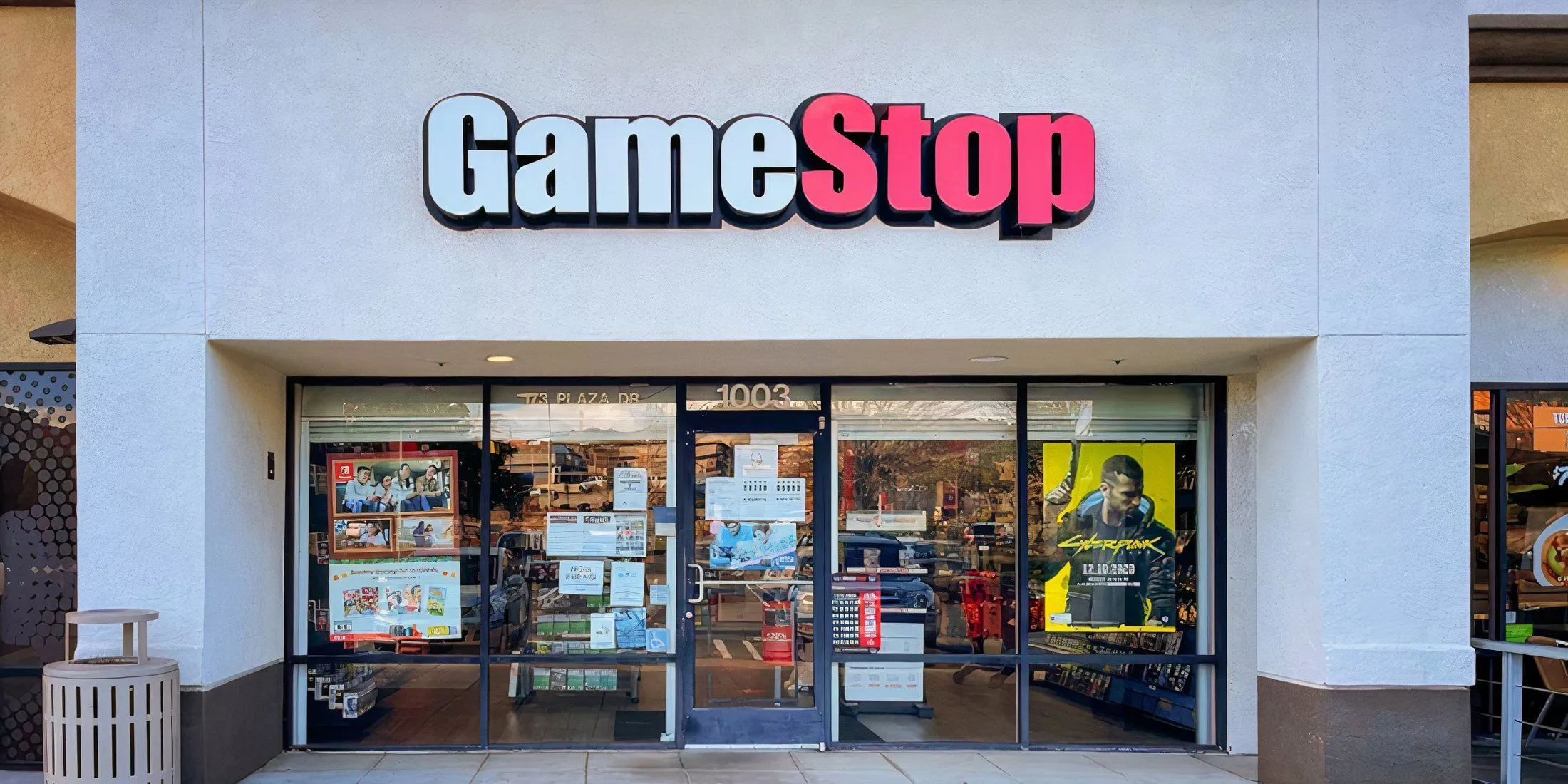

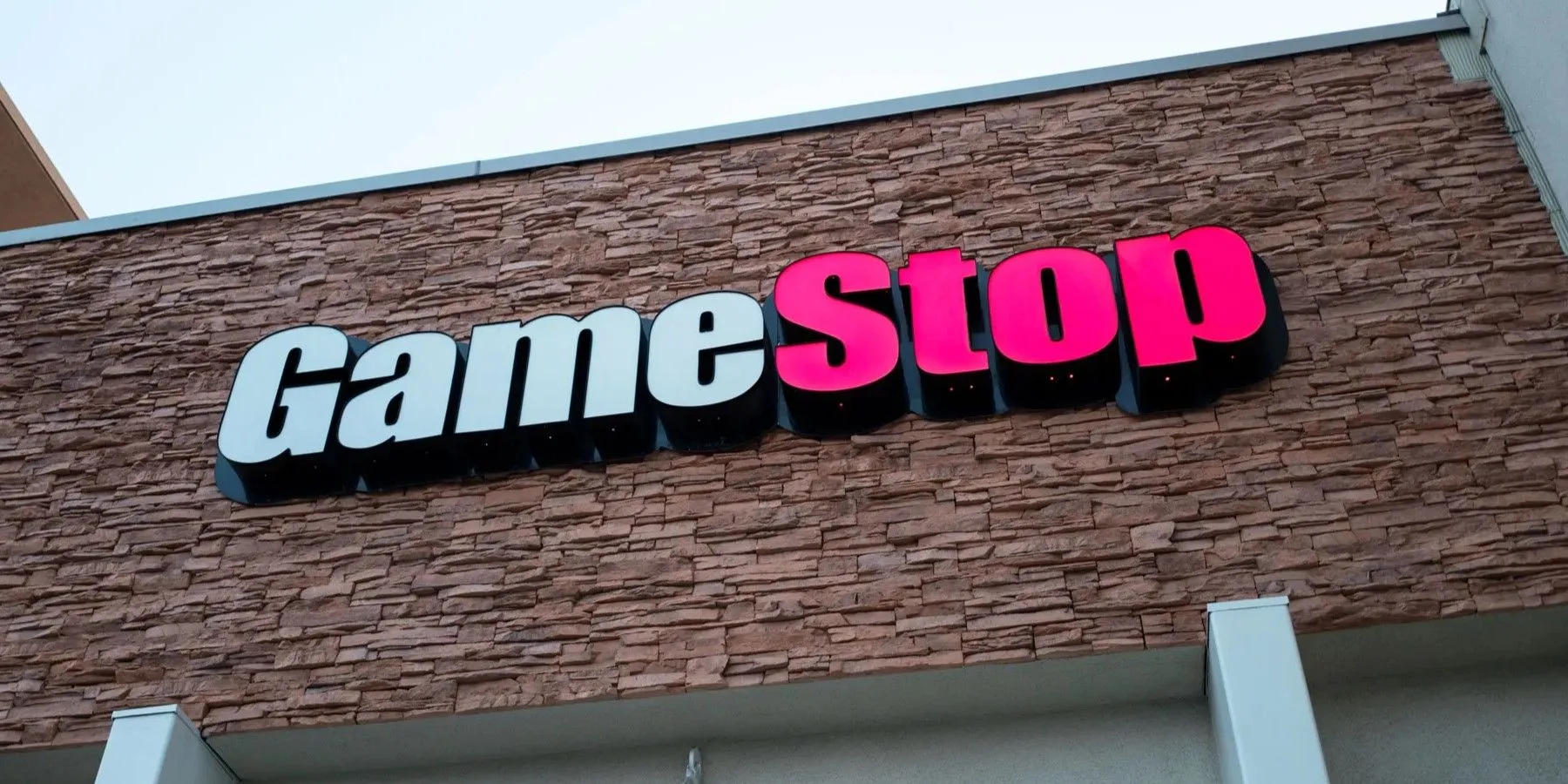
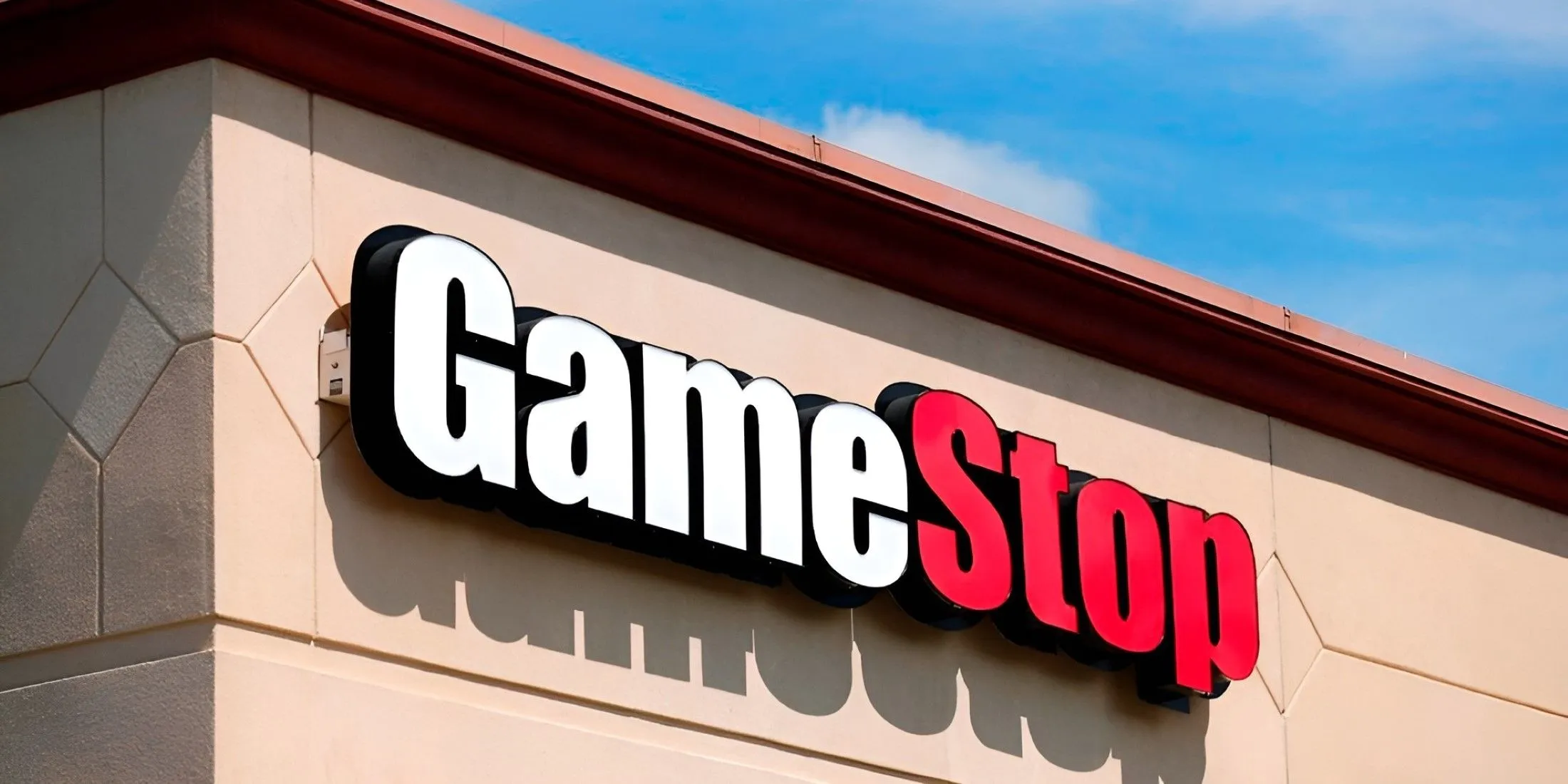

To fund its Bitcoin ambitions, GameStop is turning to a private offering of convertible senior notes. These senior notes are loans that take precedence over other debts in the event of bankruptcy, ensuring that lenders are compensated before others during asset liquidation. The “convertible”aspect offers lenders the option to exchange what they are owed for shares of the company. If GameStop’s business performs well, this conversion could yield greater returns compared to simply repaying the debt in cash, particularly since these notes will not accrue regular interest—a somewhat unconventional scenario. Thus, converting the notes into shares may be the primary profit route for lenders.
What’s Driving the Decline in GameStop’s Stock Price?
Convertible senior notes are generally accepted within various industries and do not typically raise significant concerns when their use is judicious. However, the core issue with GameStop’s latest initiative—and the reason for its stock’s decline—lies not within the financial instrument itself, but rather the company’s choice of investment. Bitcoin remains a highly speculative asset with volatility and no definitive intrinsic value, making the decision to allocate such substantial funds towards it while prices are soaring exceptionally risky.
This strategy raises eyebrows, especially considering the ongoing decline of GameStop’s primary business focus. Instead of addressing the waning interest in physical retail, the company seems to be pursuing speculative investments as a stopgap measure, all while executing cost-cutting measures, including the closure of numerous stores worldwide. Although such a strategy may have yielded temporary relief for GameStop, its capacity to continue extracting revenue from underperforming locations is dwindling. To ensure long-term viability, the company must explore innovative revenue channels, and the current stock price drop signals that investors are doubtful about whether Bitcoin speculation represents a sustainable path forward.
